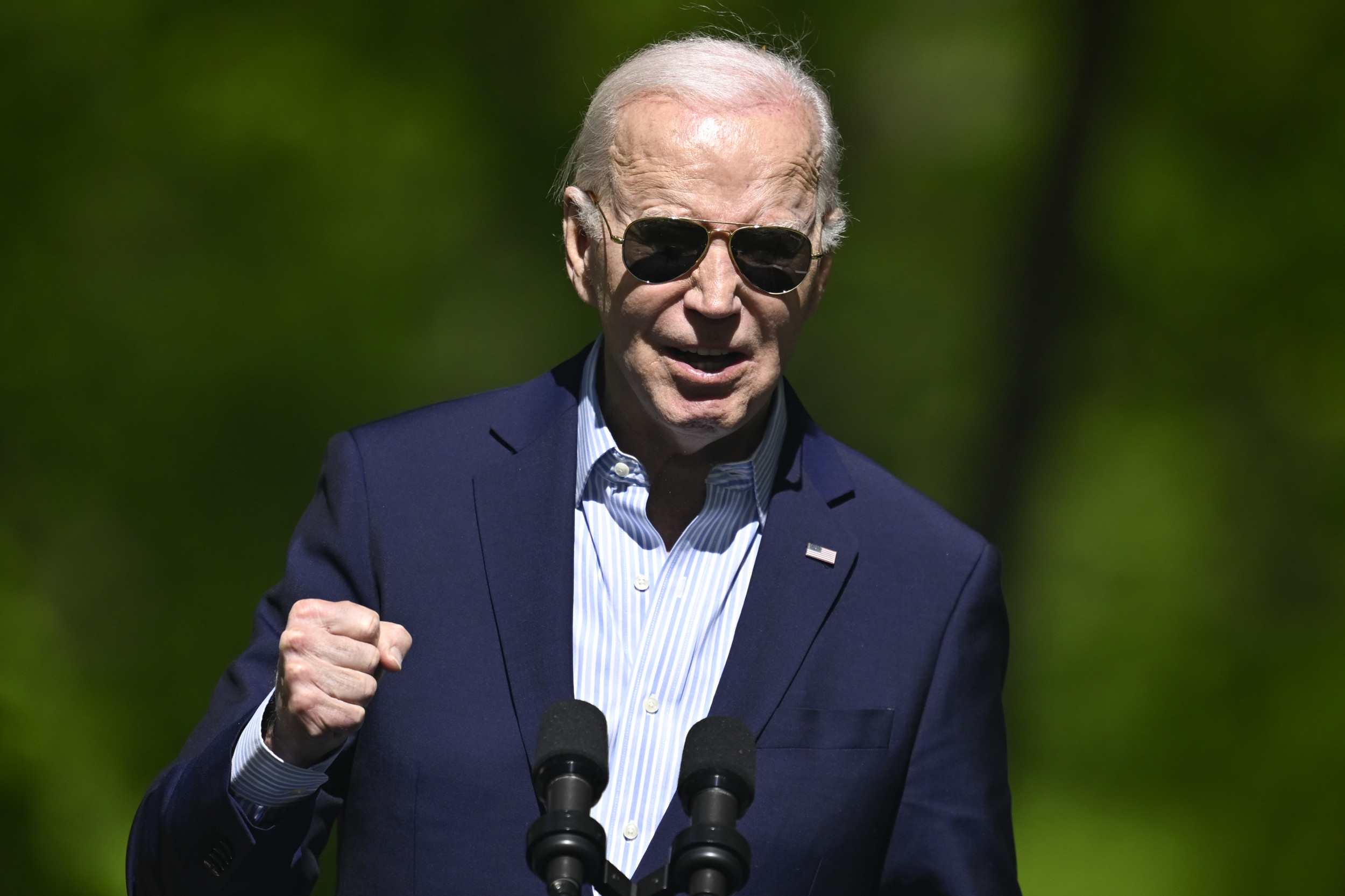The accolades keep rolling in—honorary knighthood, an evening of tribute at the Kennedy Center—and they have the feeling of a grand farewell. Except Sen. Ted Kennedy isn't going anywhere, as he and his aides like to remind everyone. "The cancer is in its cage," he tells his Senate colleagues. Ralph Neas, executive director of the National Coalition on Health Care, was pleased when, on a recent visit to the office of Kennedy's top health-care reform aide, a call came in from the senator asking for staff to get things done, "like he always does." Kennedy, 77, is battling brain cancer, but he is also burning up the phone lines, making sure he does everything to seize the moment for the issue that has been at the core of his legislative agenda for the last 30 years.
He's been actively working on it for more than a year, long before the election that gave him a president who wants to fulfill the dream, and well before May, when he became ill. Brought together by Kennedy staffers, lobbyists with an interest in health-care reform have been secretly meeting as a group in a Senate office building. They dubbed themselves the "workhorses" and include some who helped derail Hillary Clinton's reform effort 15 years ago. Determined to get to the finish line this time, Kennedy is squeezing every bit of influence he can out of his life, and the limited time he has left. For Neas, a longtime Kennedy ally and a Notre Dame graduate who remembers the phrase "Win one for the gipper," it's "Win one for Teddy."
A master legislator, Kennedy understands timing. His mortality is but a small piece in the overall mosaic that portends the possibility of success in achieving universal health care. "If he were not sick, he would be doing exactly the same thing," says Kennedy speechwriter and friend Bob Shrum. From Kennedy's perspective, this is his third chance for the gold ring. The plan proposed by President Richard Nixon in 1971 requiring employers to provide health insurance was more progressive than anything on the table today. Kennedy has had three decades to ponder the ideas he rejected then as chairman of the Senate Health committee and leader of his party's then dominant liberal wing. The Clinton plan was the next opportunity, and it collapsed from too many good intentions and a naiveté about how Washington works. The first lady thought Republicans wouldn't dare vote against health care for everybody. All she would have to do is get her bill to the Senate floor. She never even got a vote in the Senate Finance Committee, which was headed by a Democrat, Daniel Patrick Moynihan, so skeptical of the Clinton plan that he held all 1,342 pages aloft and let it drop to the floor with a loud thud, signaling exactly what he thought of it, which was not much.
The Obama team has gone to school on Clinton's mistakes. Aside from stating several broad principles, the president is letting powerful committee chairs like Kennedy draft the legislation to assure they have a vested interest in its passage. Unlike '93 and '94, Democratic leaders are on the same page. There's no Moynihan problem and no jurisdictional squabbling in the House to hobble passage. Obama is more open to the legislative dealmaking that Kennedy excels at and that Hillary Clinton resisted. The old bulls that gave Clinton so much trouble have moved on. A new generation is in power, and Kennedy believes that like '71 and '93, this is another one of those rare moments in history where something dramatic can be done.
The stars are better aligned for the passage of health-care reform principally because the business community that almost uniformly opposed it in the past now supports it. It's not just the economic crisis and people losing health insurance or having to pay higher copayments, it's the realization that health-care reform has gone from what it always was, a clear moral issue, to being an economic imperative. The Clintons were caricatured as bleeding-heart liberals for framing the fight as an expansion of coverage to millions of uninsured. Obama approaches it as a long-overdue and necessary effort to rein in the runaway costs that are eating away at the economic health of the country.
The big unknown is, what will Republicans do? Given the populist anger in the country and the GOP's diminished popularity, Republicans may find it harder to oppose health-care reform the way they did the Clinton plan, or Obama's stimulus plan. Lobbyists with strong GOP ties are part of Kennedy's working group and were on the guest list for Thursday's White House Forum on Health Reform. The day was capped by a surprise emotional appearance by Kennedy. Unlike Hillary's task force, which excluded critics and kept its deliberations private, the names of the Obama attendees were made public and C-Span cameras recorded the proceedings. Recalling that Teddy Roosevelt first called for reform nearly a century ago, Obama said the time for talking and tinkering is over. He wants a bill before the Senate in August. There are more people betting he'll get something than you would expect, given the troubled history of reform, another big change from the way things were.
Uncommon Knowledge
Newsweek is committed to challenging conventional wisdom and finding connections in the search for common ground.
Newsweek is committed to challenging conventional wisdom and finding connections in the search for common ground.
About the writer
To read how Newsweek uses AI as a newsroom tool, Click here.








